The Student Learning Research Team
The Student Learning Research team works specifically with student learning as their focus as part of the larger vision of the Higher Education Development Centre.
Each member has their own area of expertise and their own unique research interests within the larger sector.
Click below to learn more about our individual team members.

Meet Our Team
Dr Rob Wass
Senior Lecturer
Rachel Spronken-Smith
Professor
Tony Harland
Professor
Dr Tracy Rogers
Teaching Fellow
Dr Nave Wald
Lecturer
Vijay Kumar Mallan
Associate Professor
Dr Ana Stojanov
Lecturer
Dr Ruth Toumu'a
Lecturer
Dr Qian Liu
Lecturer
Dr Lee Adam
Senior Lecturer
Dr Rob Wass
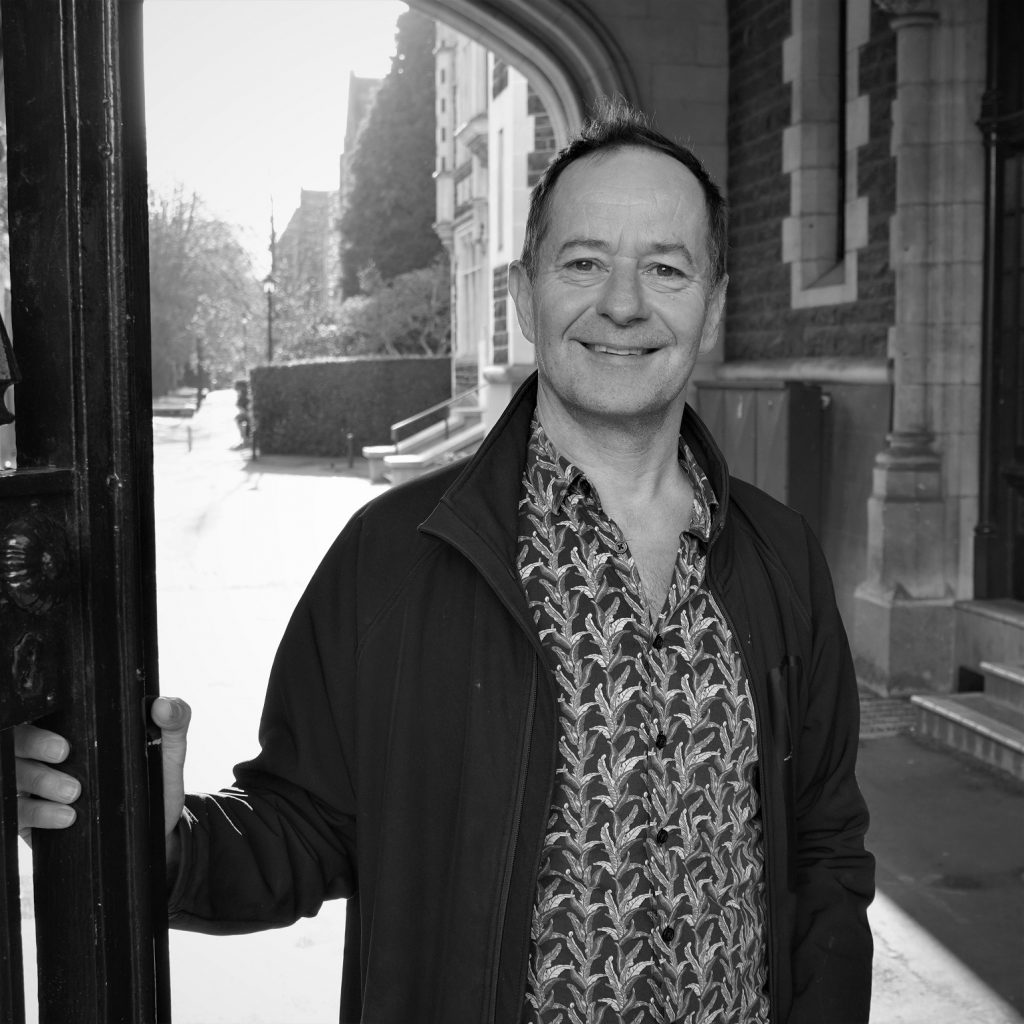
About Rob
Rob co-leads Student Learning Development and is an academic developer focusing on improving student learning outcomes. He is a Co-Editor for the Higher Education Research and Development (HERD) journal and the HERDSA (NZ) Branch Chair. In 2022, Rob was awarded the HERDSA TERNZ Research Medal Award for outstanding contribution to tertiary education research in New Zealand.
Rob's Research Interests
Rob researches questions related to students' learning experiences in higher education. Currently, he is interested in student development of metacognitive awareness and critical thinking. Rob is also interested in understanding more about peer learning in higher education. He would like to explore the role of cultural backgrounds, their influence, and the dynamics of peer learning. What strategies can be employed to bridge cultural gaps and harness the diversity of learners for a richer peer learning experience? Previously published research are in the areas of scaffolding for critical thinking, assessment, and academic writing. Rob is attracted to research questions that require different methodologies and approaches.
Rob's Teaching
Rob's teaching responsibilities include working with undergraduate, postgraduate students and academic staff. He provides one-to-one consultations to students and staff and co-leads the tutor and demonstrator development programme.
In addition to the Tutor Training Programme, Rob facilitates workshops for academic staff on enhancing teaching, lecture engagement, metacognition and facilitating small groups. Workshops for Student Learning Development include - time management, preparing and revising for exams and stages of writing workshops for postgraduate students.
Rob's Supervision
Rob is particularly keen to supervise students interested in projects with a focus on metacognition, critical thinking or peer learning. Prospective candidates should be comfortable utilising qualitative methodologies. I am happy to co-supervise students with staff from other departments.
Current students and their project titles are:
Natheeporn Keawkhong - How culture impacts teachers' conception of teaching for critical thinking in a Thai context?
Kexin Feng: The transitional experiences and perceptions of first-year international students from non-English speaking backgrounds in regard to academic motivation and performance: A case study at the University of Otago in New Zealand
Aimee Grange: How do successful first-generation Emirati students navigate home and study at university?
If you are interested in being supervised by Rob, he has listed some areas of interest under the research themes: Critical thinking, Metacognition, and Peer Learning.
Contact Rob
Professor Rachel Spronken-Smith
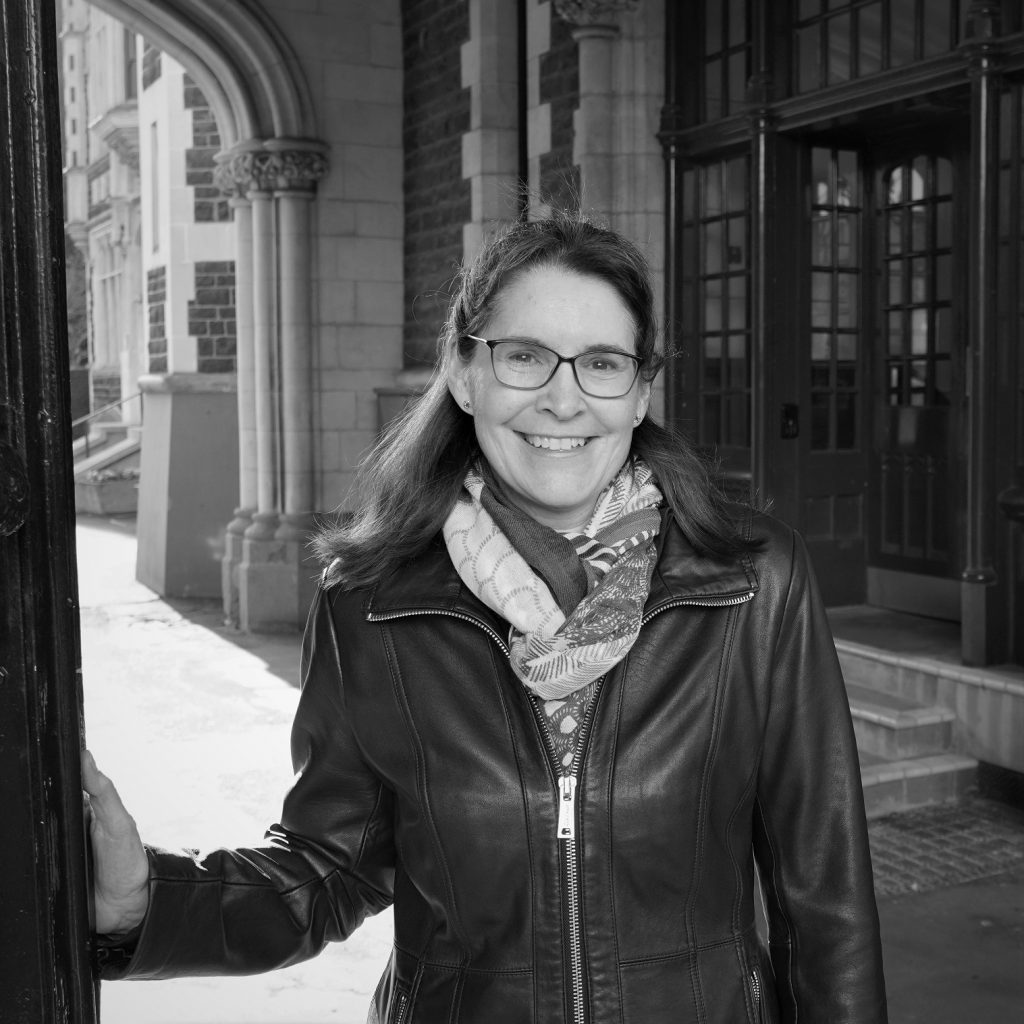
About Rachel
Rachel is a professor in Higher Education and Geography and works as an academic developer in HEDC. She initially trained as a geographer, taking up a lecturing position at the University of Canterbury, where she worked for nine years after returning from completing her PhD in British Columbia. Her teaching has been recognised with a University of Canterbury Teaching Award in 2002, an OUSA Supervision Award in 2012, a University of Otago Teaching Award in 2013 and a national Sustained Excellence in Teaching Award in 2015.
While studying for a Postgraduate Diploma in Tertiary Teaching through HEDC at Otago, Rachel became more interested in aspects of learning and teaching and was appointed as a Senior Lecturer in HEDC in 2004. She worked as an academic developer and was Head of HEDC from 2009–2012. In 2016 she won the TERNZ-HERDSA medal for Sustained Contribution to the Research Environment in New Zealand, and was also awarded a Fulbright Scholar Award for research in the US on graduate outcomes for PhD candidates. She was the inaugural Dean of the Graduate Research School from 2013–2022.
Rachel's Research Interests
Rachel's interests in higher education research include doctoral education and outcomes, learning through inquiry and undergraduate research, the teaching-research nexus, curriculum change, graduate attributes and aspects of the student experience. She regularly undertakes consultancy work for university and polytechnic staff wishing to undertake curriculum renewal, especially when the focus is on embedding inquiry in curricula.
Rachel's Teaching
Rachel teaches into the Student Learning Development Programme, specialising on workshops for research and academic skill development for postgraduates. She is currently developing a suite of courses to support the career preparedness of doctoral graduates and early career researchers and academics. She also provides workshops for faculty on curriculum design, inquiry-based learning, embedding graduate attributes and fostering vibrant teaching cultures.
Rachel's Supervision
Rachel is especially keen to supervise postgraduates in higher education who want to research on inquiry or undergraduate research, as well as graduate attributes and doctoral education.
Contact Rachel
Dr Tracy Rogers
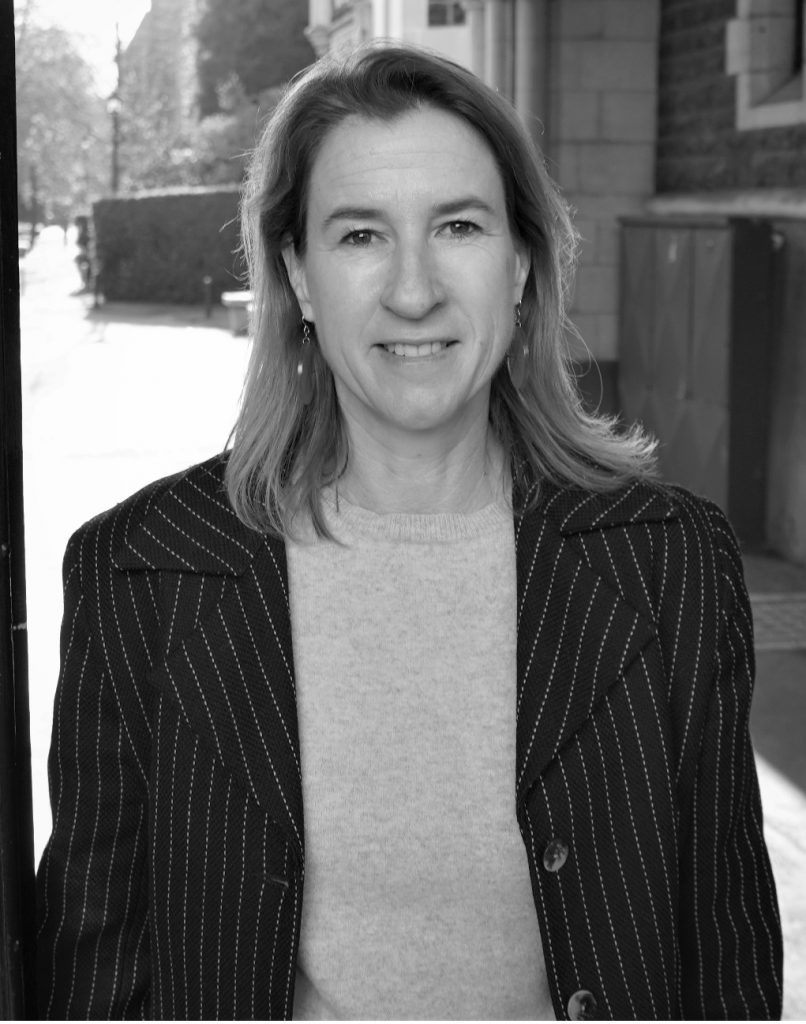
About Tracy
Along with my colleague, Dr Rob Wass, I manage Student Learning Development at the University of Otago. My key responsibility is oversight of the Peer Learning Programmes (PLP) which includes Peer Assisted Study Sessions (PASS), English Language Peer Support, Peer Writers, and Peer Assisted Numeracy (PAN). I provide professional development to the team of student facilitators employed within the PLP, drawing on my research into metacognition and peer observations of teaching.
I coordinate the Manaaki New Zealand Scholars orientation programme in collaboration with International Office. The orientation programme provides international students on the MFAT scholarship with core academic skills and an introduction to the fundamental wellbeing and support services available at the university.
I am the academic co-leader of the Academic Women’s Mentoring Programme. The programme offers early career academic women with a mentor who is a senior academic staff member.
I am also the coordinator of Teaching and Learning Circles, a University-wide reciprocal peer observation of teaching programme. Teaching and Learning Circles enable academic staff to engage in dialogue and teaching observations with those who are similarly passionate about teaching.
My doctoral research explored the educational persistence of schoolgirls in rural Cambodia, and prior to embarking on my PhD, I taught English as and additional language at the University of Otago’s English Language Centre
Tracy's Research Interests
My research interests include academic development for peer facilitators, tutors and demonstrators, with a particular focus on metacognition in teaching. I also research into reciprocal peer observation of teaching, university teaching culture, and gender issues in education. My doctoral research investigated the various sources of support that enable materially-disadvantaged Cambodian schoolgirls to overcome various hurdles to their education. My study sought to provide a better understanding of how various stakeholders can support girls in Cambodia in their pursuit of academic attainment.
Tracy's Teaching
My teaching responsibilities are diverse and include working with undergraduate and postgraduate students, academic staff, tutors and demonstrators, and peer facilitators. I co-teach the postgraduate course Critical Reflection on Higher Education (HEDU501); teach academic skills workshops and provide one-to-one consultations to students; oversee the training of the peer learning facilitators; and co-lead the tutor and demonstrator development programme.
I facilitate workshops covering essential topics such as note-taking, study strategies, avoiding plagiarism , preparing for the PhD oral exam, writing clarity, and more
Contact Tracy
Professor Tony Harland
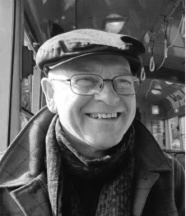
About Tony
Tony is a marine ecologist who began to study higher education in the 90s.
Tony's Research Interests
Tony studies the purposes of a university education. Recent projects have looked at the ways in which higher education is valued, how teaching values form an important part of a student’s education, what critical theory has to offer our thinking about university work and its relationship to society, and how students learn through doing research.
Tony's Teaching
Tony teaches qualitative research methods and other topics such as learning theory, leadership and peer review.
Tony's Supervision
Prospective PhD Students:
I am happy to consider proposals from suitable candidates from any discipline to work in the fields of policy and practice in higher education.
Contact Tony
Associate Professor Vijay Kumar Mallan
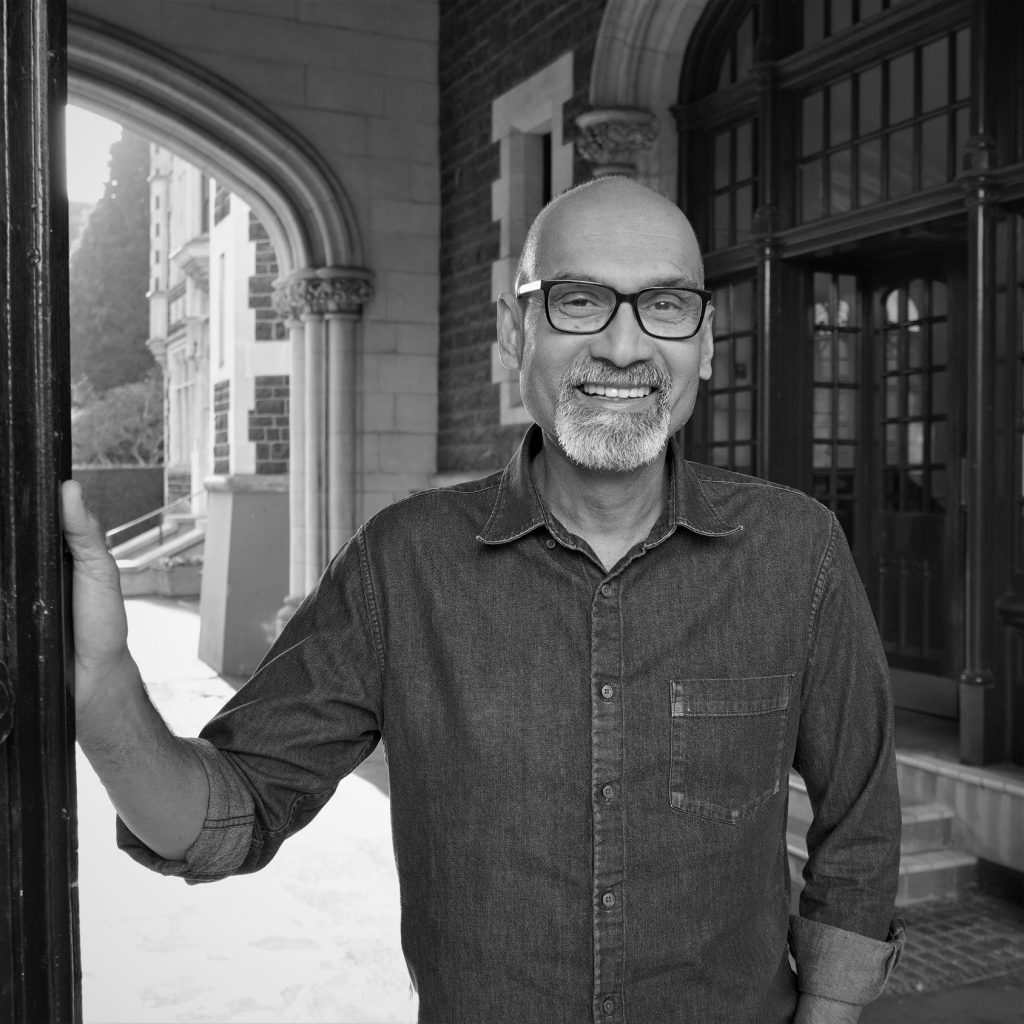
About Vijay
Vijay is the first person outside the United Kingdom to become a UK Council of Graduate Education recognised doctoral supervisor. He is also a founding member of the International Doctoral Education Research Network.
The Otago Doctoral Supervision Programme, which he developed, has been acknowledged to be a highly interactive teaching form that stimulates personal and critical inquiry. It is highly regarded by peers. This is evidenced by the fact that he has been invited to advise institutional leaders and educational developers in 43 universities across 23 countries on how to develop and quality assure doctoral supervision practices.
Vijay's Research Interests
Vijay's research focus is on enhancing the doctoral experiences both for the supervisors and their students. Over the last decade, he has developed, disseminated, and published on doctoral support, doctoral examination, and feedback practices. His research philosophy is to produce scholarship that has practical implications.
Vijay's Teaching
Postgraduate workshops and consultations
Introduction to the Research Journey
Managing the Writing Process
Preparing for the Oral Examination
Expectations of Examiners
Presenting Research at Conferences
Publishing during Candidature
Doctoral Writing.
Staff workshops and consultations
Providing Feedback in Doctoral Supervision, Preparing Students for the Oral Examination, Assisting Students with the Writing, Providing Quality Doctoral Supervision..
Vijay's Supervision
Vijay welcomes qualitative research proposals that are related to doctoral education, doctoral examination, feedback practices and use of humour in academic settings.
Contact Vijay
Dr Nave Wald
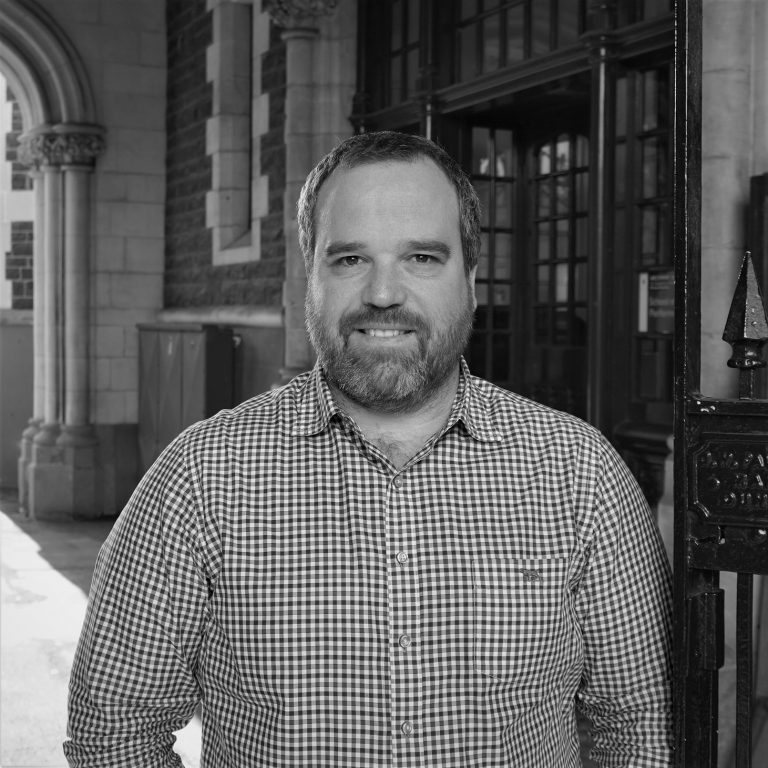
About Nave
Nave entered the field of higher education by chance working on a small research project, never left and made it his new academic home. He has a broad interest in many aspects of the field, although my research and teaching are mostly in the areas of assessment practice and critical thinking in higher education, as well as other topics such as student peer review and training students to be researchers. He is also a geographer with an interest in development studies, food politics and grassroots civil society, as well as having a background in economics.
Nave's Research Interests
Nave is a qualitative researcher, and he works on both empirical and conceptual and theoretical issues pertaining to both policy and practice. He aspires to bring critical social science skills and perspectives to the field of higher education.
Nave's Teaching
Nave teaches qualitative research methods in higher education, writing critical literature reviews, and developing critical thinking in postgraduate research.
Nave's Supervision
Nave is happy to consider proposals from prospective postgraduate students wishing to work in the field of higher education.
Contact Nave
Dr Ana Stojanov
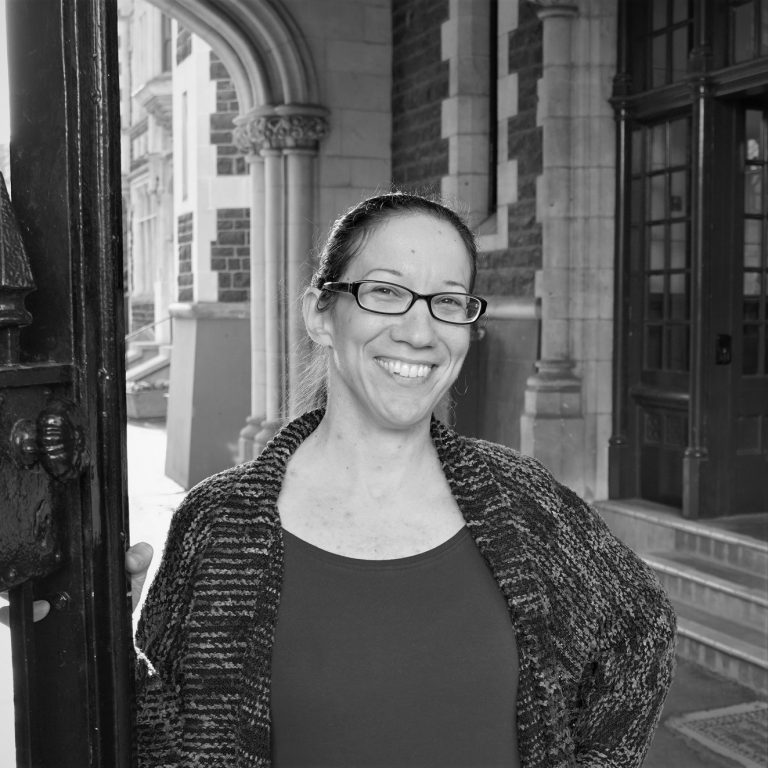
About Ana
Ana's background is in social, developmental and educational psychology. Originally from Macedonia, she completed a Mphil in Psychology and Education at the University of Cambridge and PhD at the University of Otago. Early in her career, she worked as a Program Assistant, and later Program Coordinator, in Education-related Projects focused on policy, but her true passion is research.
Ana's Research Interests
Her current research interests reside at the convergence of technology, education, and human behaviour. She is invested in studying the use of artificial intelligence, specifically language models like ChatGPT, within educational contexts. Her primary focus includes understanding how students use ChatGPT for learning, discerning patterns of reliance on these tools, and investigating the correlations of this reliance with various factors such as academic performance, engagement levels. Parallel to this, she is engaged in a separate research program investigating the role of communication about academic integrity, examining its impact on the understanding and occurrence of academic misconduct among students. Furthermore, she maintains a keen interest in issues of misinformation.
Ana's Teaching
Ana is currently involved in the Theories of Teaching and Learning Café series and running introductory workshops on quantitative methods and basic statistical concepts.
Ana's Supervision
Ana is looking forward to accompanying postgraduate students on their research journeys and is open to student inquiries and discussing potential projects.
Contact Ana
Dr Julie Timmermans
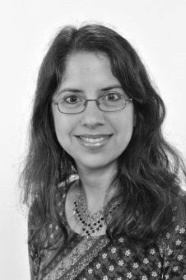
About Julie
Julie is a teacher, researcher, and educational developer with experience facilitating learning in various universities and countries, including Canada, Japan, France, and now, New Zealand. In all her work, she is committed to enhancing student learning and academic staff’s experience of teaching. She believes that the ideas which cause us intellectual and emotional discomfort might offer the greatest opportunities for development, and that learning is enhanced when environments are designed to allow people to explore the edges of their knowledge and understanding while being well-supported. She tries to model this approach in her own teaching, research, and academic development practice.
Julie's Research Interests
While doing doctoral work in Cognitive and Instructional Psychology, Julie became enthralled with understanding more deeply the ideas and experiences that instigate transformation in learners’ ways of knowing and being. This led her to the field of “threshold concepts”. Julie is particularly interested in understanding how learners might best be supported through the “liminal space” between encountering new, disruptive, and (potentially) transformative ideas and integrating these ideas into new ways of thinking and being. In current research, she is applying these ideas to understand how academics and academic developers learn from experiences of success and failure in academia.
Julie's Teaching
I teach across multiple contexts at the University. I co-coordinate and co-teach papers in HEDC’s Postgraduate Certificate and Master’s programmes in Higher Education, including HEDU501, “Critical Reflection on Higher Education”. I supervise Ph.D. and Master’s students, as well as postgraduate students enrolled in HEDU502. In my role as an academic developer, I facilitate workshops for and consult with academic staff regarding curriculum development, as well as teaching development and leadership. I also conduct workshops for and consult individually with undergraduate and postgraduate students on academic skills development.
Julie's Supervision
Julie is particularly keen to supervise postgraduates in higher education who have research interests related to student learning development, transformative learning, academic (educational) development, threshold concepts, liminality, and Decoding the Disciplines. She is happy to co-supervise students with staff from other departments.
Contact Julie
Dr Qian Liu
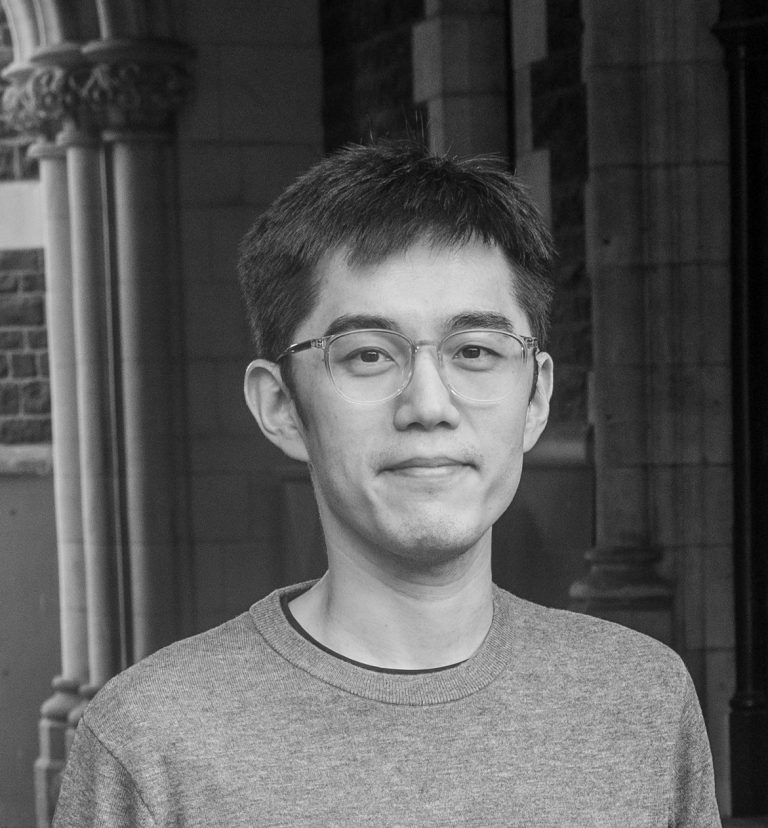
About Qian
Qian provides academic development support to staff and students, teach within the programmes offered by HEDC, and research in the field of higher education. Prior to this role, he was a professional practice fellow (eLearning) in a medical school, postdoc research fellow in a business school, assistant researcher in a policy research institute, and training specialist in an oil and gas company. He completed his doctoral research within three years at the University of Auckland and the thesis received Dean’s List award. He gained a Master of Science degree from the University of Edinburgh, and a Bachelor of Management degree from a Chinese university.
Qian's Research Interests
Qian's research revolves around learning and teaching in higher education. His doctoral study investigated the adoption of learning technologies by academics. Since then, he has conducted research into approaches to academic development, employability development pedagogies, vicarious learning via videoed tutorials, student video production, and more recently non-institutional technologies and learning analytics.
Methodologically he is a mixed-methods researcher by training. He uses the most appropriate method(s) to answer the research question, be they qualitative, quantitative, or a combination of several. Epistemologically, he finds a constructivist stance best explains the reality he perceives.
Qian's Teaching
Qian teaches into the Centre’s credit-bearing programmes, and academic development programmes (e.g., Introduction to university teaching, Technology-enhanced Learning, Theories of Teaching and Learning, Assessment in Higher Education, and Research Development programmes). He collaborates with staff in the space of educational technology and provide one-to-one academic skills consultations to students.
Qian's Supervision
Qian is available for postgraduate supervision. He views research as a journey that extends our capabilities, reshapes how we think, and possibly allows us to create new knowledge. As a supervisor, he cannot control the journey, but I will be an honest and trustworthy travel companion. Please get in touch if you would like to have a chat about your research ideas.
Contact Qian
Dr Lee Adam
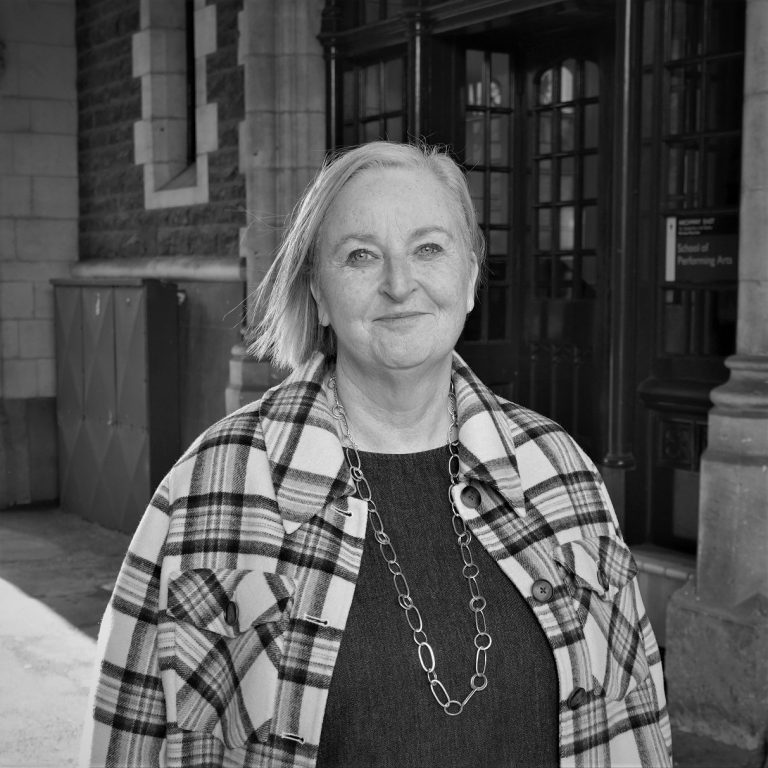
About Lee
Lee’s specific area of interest is supporting students to succeed at university. In particular she researches how students’ learning experiences and outcomes can be enhanced. Her research into students’ experiences enables her to gain insights into how policy and practices might be structured to encourage students’ retention and success. Lee is currently working with a nationwide team to examine students’ academic integrity beliefs and behaviours. She is researching how “just in time” academic skills teaching impact on students’ success. Other current research is centred on dental public health, again with a view to exploring how people’s experiences can inform policy and practice. Lee is Director of the Education Research Programme for the Sir John Walsh Research Institute, and is a member of the Faculty of Dentistry Research Advisory Committee. She sits on the University Academic Integrity Advisory Committee, and on the University Committee for the Advancement of Teaching and Learning (CALT).
Lee's Research Interests
Lee's research concentrates on teaching and learning in higher education; specifically, how students' learning experiences and outcomes can be enhanced. She researches students' experiences in higher education, in order to gain insights into how policy and practices might be structured to encourage students' retention and success.
Lee's Teaching
As well as the role of Director of Academic Integrity at the University, Lee is a Senior Lecturer in the Faculty of Dentistry where she teaches across the range of programmes, from undergraduate through to doctoral level. At both undergraduate and postgraduate level, her teaching includes research methods, professionalism, research ethics, and motivational interviewing. She is paper co-ordinator for and teaches a final year Bachelor of Oral Health paper on applied oral health research. She also supervises undergraduate research students in the Bachelor of Dental Surgery programme.
Lee's Supervision
Lee supervises students at all levels of study including undergraduate research, summer studentships, honours, masters students and doctoral students. She also mentors new researchers and advises on education research projects in her role as Director of the Education Research Programme for the Sir John Walsh Research Institute.
Contact Lee
Dr Ruth Toumu'a
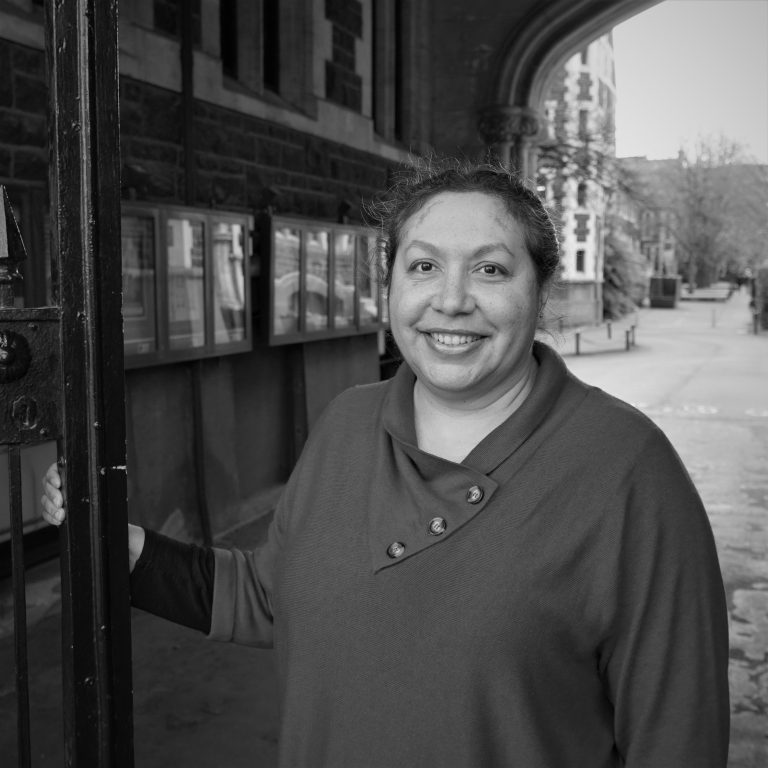
About Ruth
Kia Ora and Pacific Greetings. I have multiple heritages in Oceania (Eastern Highlands of Papua New Guinea) and Aotearoa’s Te Wai Pounamu, with Tangata Tiriti ancestry tracing back to northern England and Ireland. By marriage I am also part of the Kingdom of Tonga.
I research and provide specialist advice and coaching for academic literacies and skills development. I am TESOL trained and have over 15 years’ experience in tertiary education contexts in academic skills development, research, and executive roles in New Zealand and Pacific universities.
My research and work is driven by the kaupapa of supporting successful independent learners at all levels from first year through to PhD, and I particularly enjoy supporting the retention and success of students from underrepresented backgrounds and equity groups at the University as well as those for whom English is an additional language.
Ruth's Research Interests
My professional and research interests in higher education relate to:
o academic literacy, writing, language, and learning skills development
o academic reading and academic texts in higher education
o the retention and success of students from Pacific heritages and other underrepresented groups in higher education
o culturally responsive teaching and learning, creating culturally safe and culturally democratic learning environments
o the role and importance of Indigenous worldviews, value systems, and methodologies in research with/by/for Oceania.
My background experience and wider interests include: conceptualisations of ‘literacy’ and ‘success’ amongst adult Pacific populations in Aotearoa New Zealand; English for academic purposes; classroom literacy teaching resources and storybooks development in the Pacific; and error analysis in English learners’ writing.
Ruth's Teaching
Based at the Wellington Medical School campus, I work primarily with students and staff there, providing one-to-one consultations, workshops, resources, teaching into courses, and being a useful 'critical friend' and sounding board for researchers and writers. I also support and teach into HEDU501, and support learning and teaching within the wider University with a focus on the development of academic literacies and information literacies for higher education, particularly at points of transition.
Ruth's Supervision
It is an honour to accompany postgraduate students on their learning journeys. I am currently available to supervise prospective candidates with similar content or methodological interests.